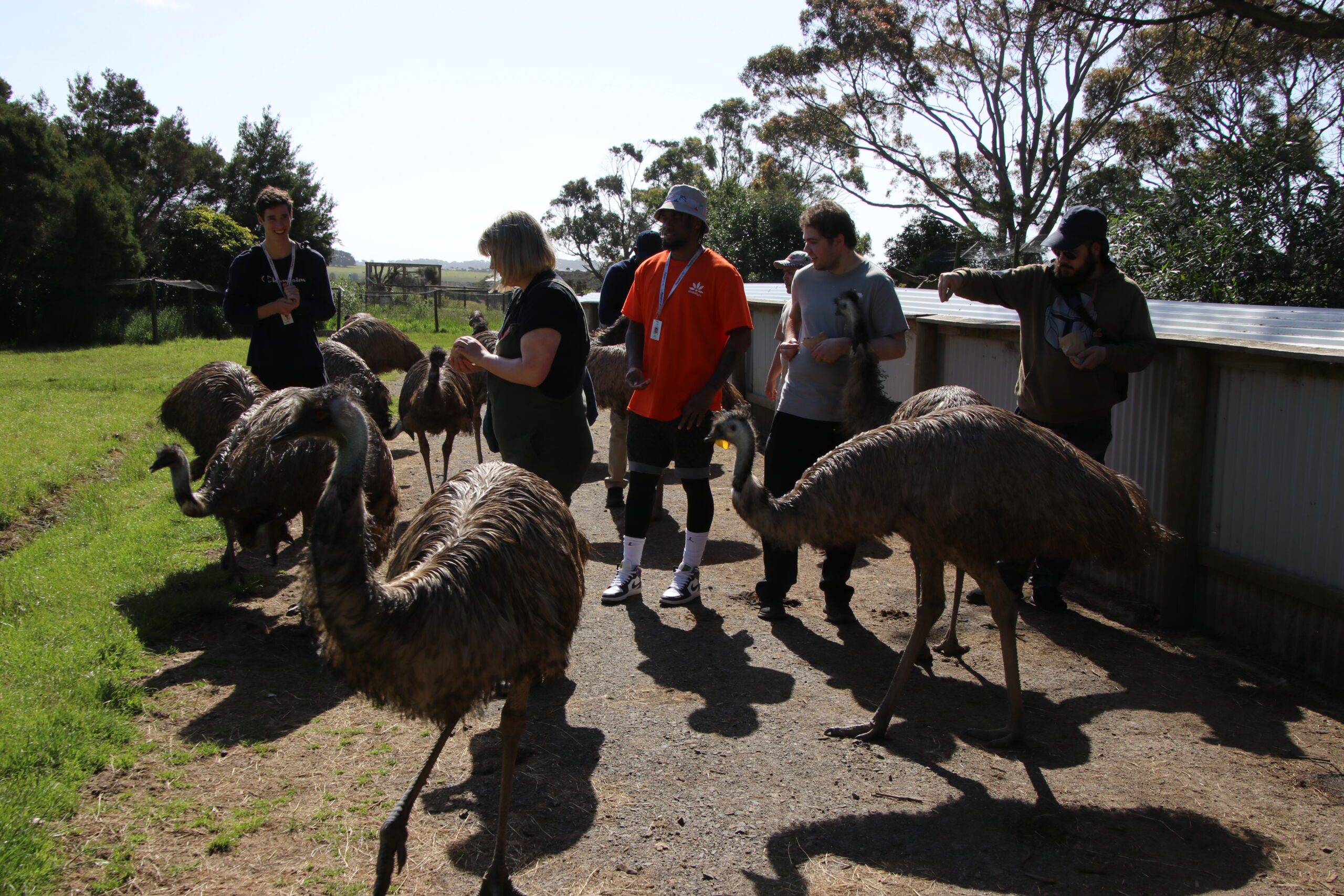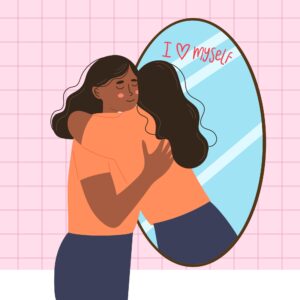Mental Health and Disability: Strategies for Coping and Thriving
Discussing the unique mental health challenges faced by people with disabilities and offering coping strategies and support resources.

Living with a disability accompaines unique challenges, and mental health is a crucial aspect that should not be overlooked. Individuals with disabilities often experience higher rates of depression, anxiety, and other mental health issues compared to the general population. This can be attributed to a range of factors including social isolation, stigma, and lack of access to appropriate services. In this article, we will delve into the specific mental health challenges faced by people with disabilities and explore various coping strategies and support resources that are available.
Understanding the Challenges
Social Isolation and Stigma
One of the most significant challenges faced by individuals with disabilities is social isolation. Limited mobility, communication barriers, and societal stigma can lead to feelings of loneliness and exclusion. The constant battle against societal stereotypes and prejudice can take a toll on mental health, leading to increased levels of stress and anxiety.
Accessibility and Support
Accessibility is another major concern, as many mental health services are not designed to accommodate individuals with disabilities. This lack of inclusive practices can prevent people from seeking help and receiving the support they need.
Intersectionality of Disability and Mental Health
It is also important to acknowledge the intersectionality of disability and mental health. People with disabilities may have pre-existing mental health conditions, or their mental health may be affected by their physical or sensory impairments. Understanding this complex relationship is crucial for providing comprehensive care and support.
Coping Strategies
Building a Support Network
One of the most effective coping strategies is building a strong support network of family, friends, and professionals. Connecting with others who have similar experiences can provide a sense of belonging and validation.
Developing Resilience
Fostering resilience is key to navigating the challenges of living with a disability. This can be achieved through various means such as practicing mindfulness, engaging in positive self-talk, and setting realistic and achievable goals.
Accessing Professional Help
Seeking professional help is a vital step in managing mental health. Therapists, counselors, and support groups specialized in disability and mental health can provide tailored support and resources.
Support Resources
Disability-Specific Organizations
There are numerous organizations dedicated to supporting individuals with specific disabilities. These organizations often provide resources, advocacy, and community programs to help people navigate their mental health journey.
Online Platforms and Communities
The internet has opened up new avenues for connecting with others and accessing support. There are various online platforms and communities where individuals with disabilities can share their experiences, seek advice, and find a sense of community.
Inclusive Mental Health Services
It is essential to seek out mental health services that are inclusive and accessible. Many mental health professionals are now offering telehealth services, making it easier for individuals with disabilities to access the support they need.
Navigating the intersection of mental health and disability requires a nuanced understanding of the unique challenges faced by this community. By building strong support networks, fostering resilience, and accessing tailored resources, individuals with disabilities can thrive and lead fulfilling lives. It is crucial for society to acknowledge these challenges and work towards creating an inclusive environment that supports the mental well-being of everyone, regardless of their abilities.
Are you interested to find out more information or accessing support for yourself, your family or a friend… Please reach out to us today on 1300 897 848.
Check more events and stories

Exploring Adaptive Sports and Recreation Opportunities in Australia
Discover empowering opportunities like wheelchair basketball, adaptive cycling, and more that promote inclusion and achievement

Self-Care Strategies for Individuals with Disabilities and Chronic Conditions
Discover practical self-care strategies tailored to the unique needs of individuals with disabilities and chronic conditions. From prioritizing rest and nutrition to cultivating emotional well-being and setting boundaries, empower yourself to enhance your overall quality of life and wellness journey.

How Aged Clients Can Benefit from In-Home Care
How Aged Clients Can Benefit from In-Home Care in Victoria More Australians are choosing to live at home to maintain their independence as they age.

How to Choose a Quality NDIS-Registered Support Provider
Choosing a NDIS-Registered Support Provider in Victoria Trying to find an NDIS provider that provides quality, short and long-term care? Quality support means understanding and

Embracing Inclusive Recreation: A Guide to Accessible Leisure Activities for People with Disabilities
Embracing Inclusive Recreation: A Guide to Accessible Leisure Activities for People with Disabilities

The Role of Caregivers: Supporting Loved Ones with Disabilities
Discover the vital role caregivers play in supporting individuals with disabilities. From understanding their challenges to offering practical strategies, this article sheds light on the importance of self-care, communication, and advocacy. Reach out if you need support on this journey.

